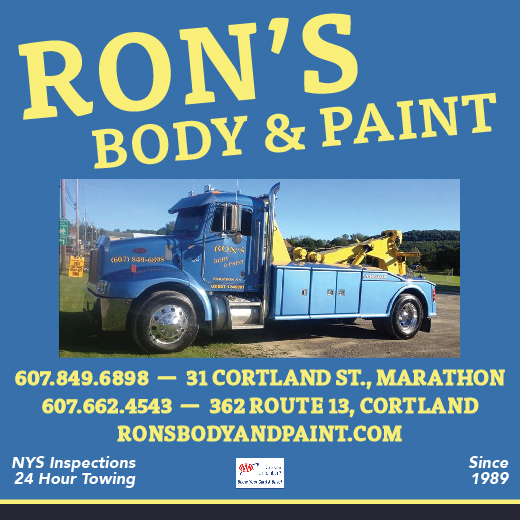Tips for Ending Chronic Insomnia
Posted by Dustin Horton // January 7, 2013 // Articles, Diane Toombs
Sleep is one of the most deeply healing and revitalizing experiences known. When we get enough restful sleep each night, the entire world looks brighter. Insomnia is a lack of healthful, restful sleep and is a problem experienced by as many as 20 to 30% of American adults at various times in their lives. Statistics report one-fifth of American adults and half of American seniors have difficulty falling asleep on any given night (Reiter and Robinson, 1995). The most prevalent sleeping disorder is chronic insomnia, which is experienced by 15% of adults.
If you take medications for hypertension, allergies or depression, it is possible that these drugs could be contributing to your insomnia. Many medications, including beta blockers can interfere with sleep quality. So can antidepressants and decongestants. Such drugs could be keeping you awake. But this awesome sleep aids would be a great help for your sleeping disorder or any stress or depression you face.
Here are a few tips you may find useful for improving your sleep patterns, learn more here:
Maintain a regular sleep schedule. Arise at a specific hour each morning, regardless of the previous night’s sleep to help set your biological clock. Exercising regularly helps deepen sleep; however, strenuous exercise should be completed three to four hours before going to bed. Arrange the bedroom so you are in a comfortable setting. Hire nybedbugdogs to check your bed for bed bugs. Insulate your bedroom against sound and light by using carpets and curtains; ear plugs and eye masks may be helpful. To get clean carpets, hire carpet cleaning charlotte nc services.
As often as possible, work out family or job-related problems before going to sleep. Keep your bedroom at a cool to moderate temperature. Excessive heat disturbs sleep. Do you have cold feet? Wear socks to bed. Avoid liquids before going to sleep to minimize nighttime trips to the bathroom. Avoid alcohol, tobacco, and caffeinated beverages (especially in the evening). Alcohol may help a person fall asleep, but it causes subsequent sleep to be fragmented. If liquids are not a problem, try drinking a small hot beverage (dairy, rice, almond or soy milk or a relaxing tea such as peppermint) at bedtime.
Use the bedroom for sleeping and sexual activity only. If you can’t fall asleep, get up, leave the room, and engage in another activity like reading. Move your clock if you find yourself waking up to check the time. Avoid napping longer than 1 hour or after 4 pm. Try a relaxation technique, such as meditation or massage to prepare the mind and body for sleep. Evening routines like soaking in a hot bath with a few drops of chamomile or lavender oil added can ease your way to slumber. Others find relaxation tapes helpful. Having a great mattress is also helpful with your sleeping; check dewaardandbode.com/mattress-brands/ for mattress options that meet your needs.
Some people find 250 to 500 mg of magnesium at bedtime helps them. Others use Herbal Sleep, Melatonin or Gaba to invite peaceful repose. Those who suffer from adrenal exhaustion may discover Nervous Fatigue Formula will work wonders in getting to sleep and sleeping through the night. Thai Go has helped improve sleep patterns for others. Ask for assistance in determining which suggested remedy will work best for you.
Till next time,
Diane L. Toombs, CNHC
www.mynsp.com/toombs
B.E.S.T. Energy Foot Spas!
www.zytocompass.com/af/link.aspx?a=dtoombs
The information in this article is for educational purposes only and is not meant for diagnosing or prescribing.
















